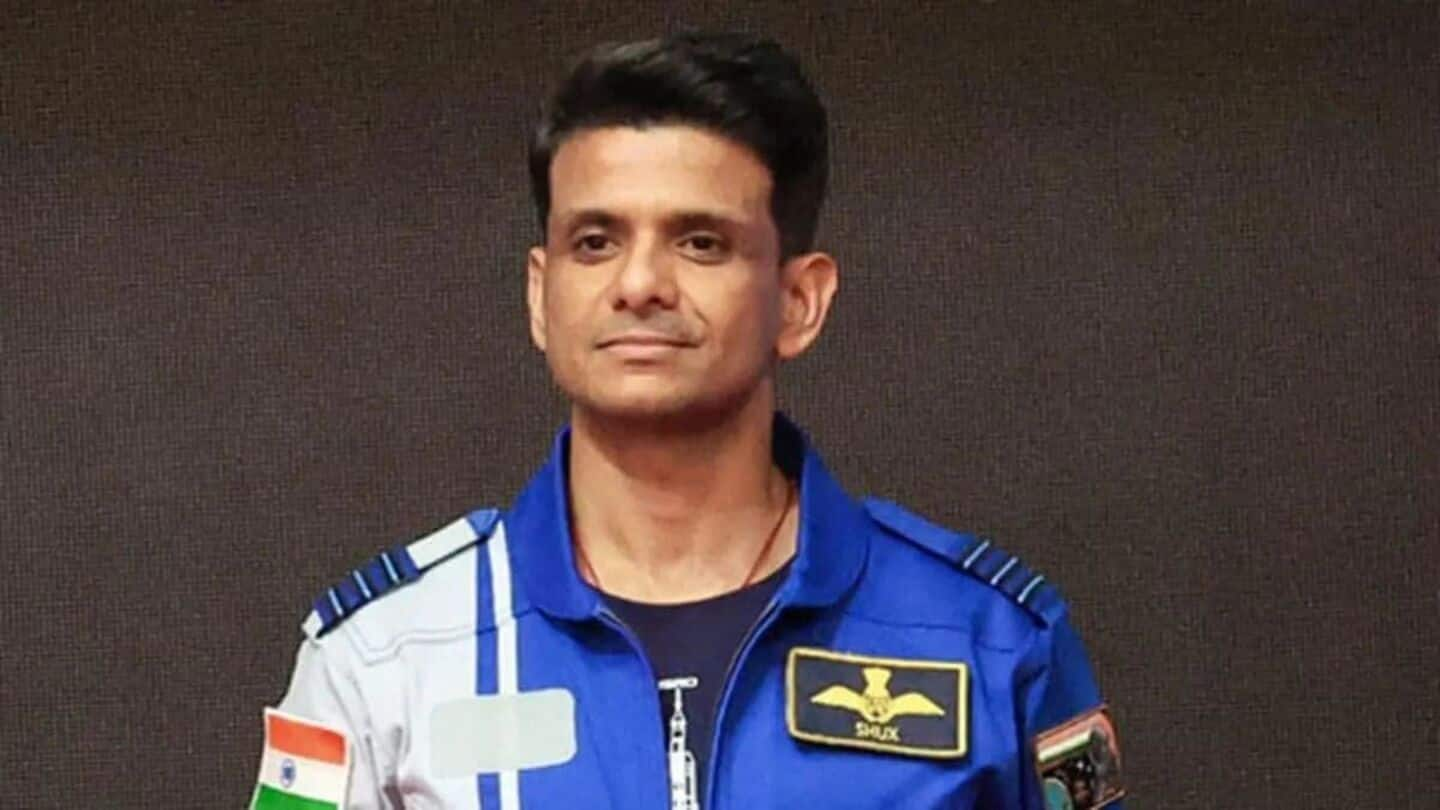
Axiom-4 mission carrying astronaut Shubanshu Shukla set for June 19
What's the story
The Indian Space Research Organisation (ISRO) has confirmed the launch date for the Axiom-4 mission, carrying Indian astronaut Shubhanshu Shukla. The historic spaceflight is scheduled to take off from NASA's Kennedy Space Center on June 19, 2025. It will be aboard a SpaceX Falcon 9 rocket. The announcement was made by Union Minister of State for Science and Technology Dr. Jitendra Singh through a post on X.
Mission details
Shukla to pilot the mission
The Axiom-4 mission will take Shukla and three other astronauts to the International Space Station (ISS). Former NASA astronaut Peggy Whitson will command the mission, with Shukla serving as pilot. The two mission specialists are European Space Agency (ESA) project astronaut Slawosz Uznanski-Wisniewski from Poland and Tibor Kapu from Hungary. This will be India's first return to space after Rakesh Sharma's historic flight in 1984 aboard Russia's Soyuz spacecraft.
Twitter Post
Take a look at the minister's post
🚀 Update on Axiom-4 Mission to ISS 🇮🇳🌌
— Dr Jitendra Singh (@DrJitendraSingh) June 14, 2025
Launch date of the Axiom-4 mission carrying Indian astronaut Shubhanshu Shukla to the International Space Station is, as of now, rescheduled for June 19, 2025.
Also, Space X team has confirmed that all the issues, that led to earlier…
Strategic importance
Mission critical for Gaganyaan project
The Axiom-4 mission is a major step in India's human spaceflight program. Shukla will conduct seven experiments designed by ISRO during the 14-day stay at the ISS. This mission is also critical for ISRO's Gaganyaan project, which aims to send a three-member crew to a 400km orbit for three days. The experience gained from this flight will greatly contribute to future human spaceflights and the construction of Bharatiya Antariksh Station.
Launch postponements
Mission delayed due to technical issues, safety concerns
The Axiom-4 mission has been delayed several times due to a range of technical issues and safety concerns. These include a faulty electrical harness in the Crew Dragon module, unprepared launch vehicle systems, bad weather conditions, and an oxygen leak in the ISS's Zvezda module. The Indian space agency had suggested in-situ repairs and a low-temperature leak test to validate system performance before clearing the mission for launch.